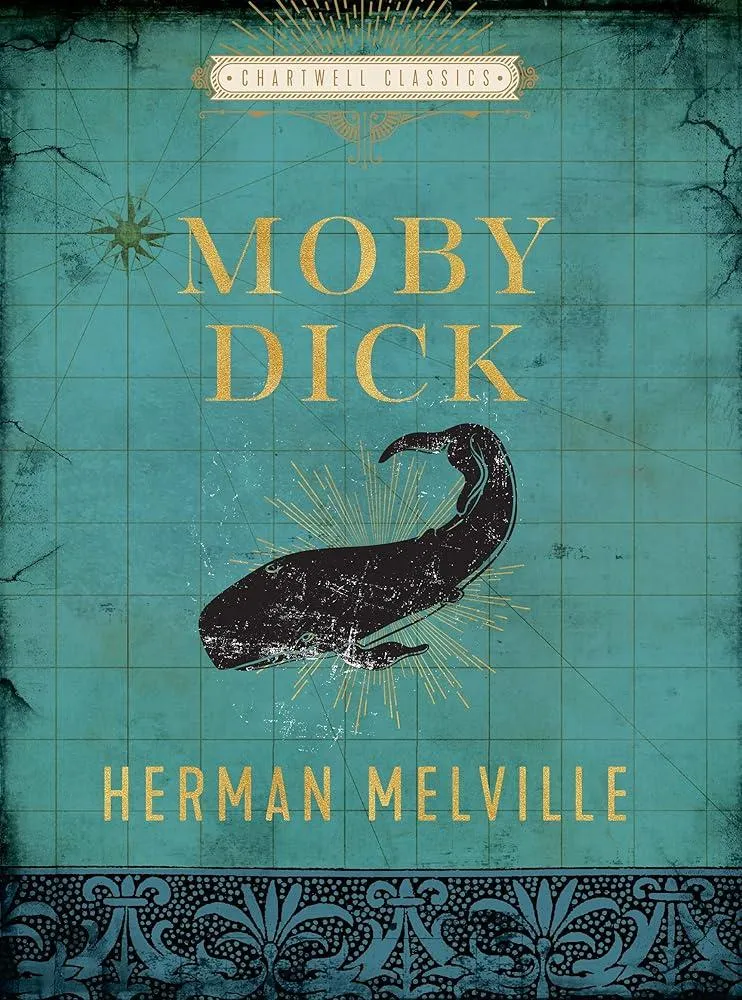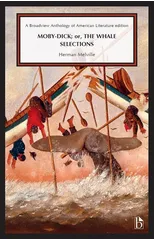The iconic story of a ship captain's obsessive hunt for a terrible white whale, Moby-Dick is universally regarded one of the most influential novels of the American Renaissance era. The Norton Library edition features the text of the first U.S. (1851) edition, with thorough endnotes that clarify obscure terms and references. A buoyant introduction by Jeffrey Insko (Oakland University) offers the contemporary reader a number of enticing ways into the novel, empowering them to read with understanding and pleasure despite its infamous reputation.
Herman Melville
Herman Melville (1819-1891) was an American novelist, poet, and short story writer best known for his novel "Moby-Dick," a complex and symbolic work that explores themes of obsession, fate, and the struggle between good and evil. Melville's writing style is characterized by its rich symbolism, philosophical depth, and exploration of existential themes. His other notable works include "Typee," "Billy Budd," and "Bartleby, the Scrivener." Melville's contributions to literature have had a lasting impact on the development of American literature, particularly in the genre of the novel.





